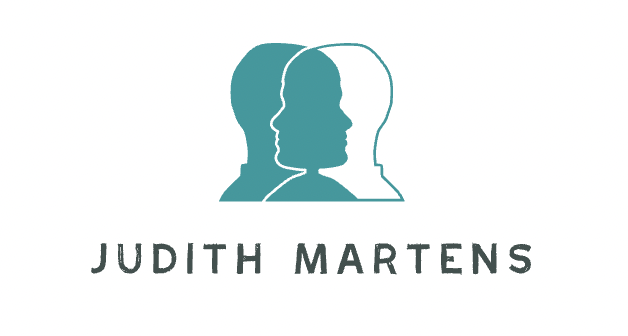My work is focused around several key topics. Below you find a brief description of each project. Klick on them to find out more and find related articles.
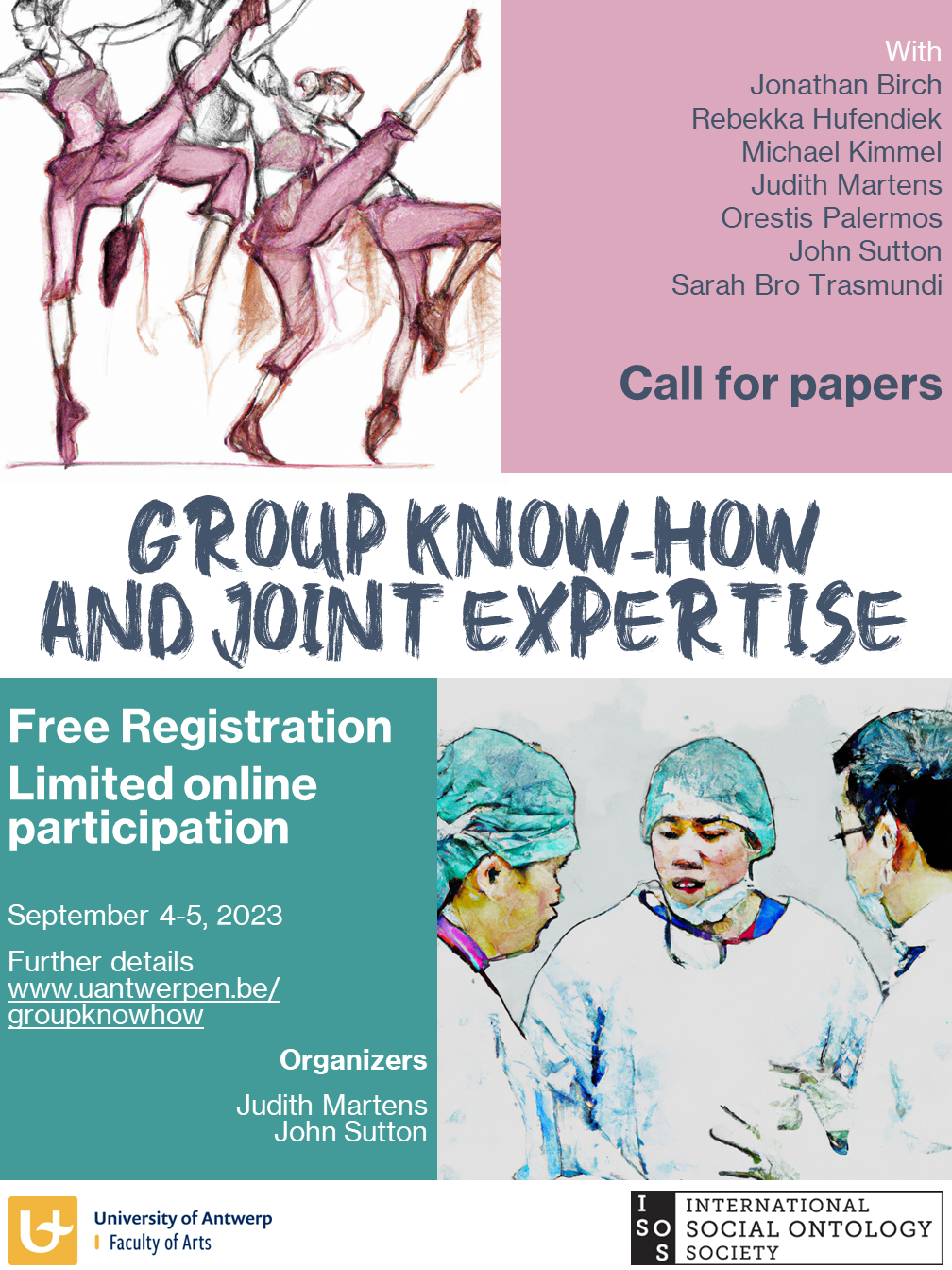
Group Know-How and Joint Expertise
People act together in all kinds of collaborative work and performance. Dyads and small groups, in particular, exhibit rich forms of joint intelligence in action, both in everyday skills and in the striking forms of expertise found in sport, music, and many domains of professional activity.
Conceptual work on joint action and shared agency is increasingly responsive to and suggestive for empirical research, especially in cognitive neuroscience and experimental psychology. Yet there has been less coverage in social ontology of the topics of know-how, expertise, and skill. What grounds the ways that some groups move or perform effectively together? Is there group know-how, and (if so) how does it relate to individual know-how? Is there a solid notion of joint expertise, and (if so) how can we best study its nature and its component processes?
Normative expectations in purposive joint action.
I start from the idea that humans are creatures of habit. Habitual being is typically contrasted to rational or reflected being. I take issue with this way of carving up the world and argue that human beings are rational and reflected by means of their habits and skills.
From this, I consider the consequences for our conceptualization of joint action, acting as a group, and group responsibility.
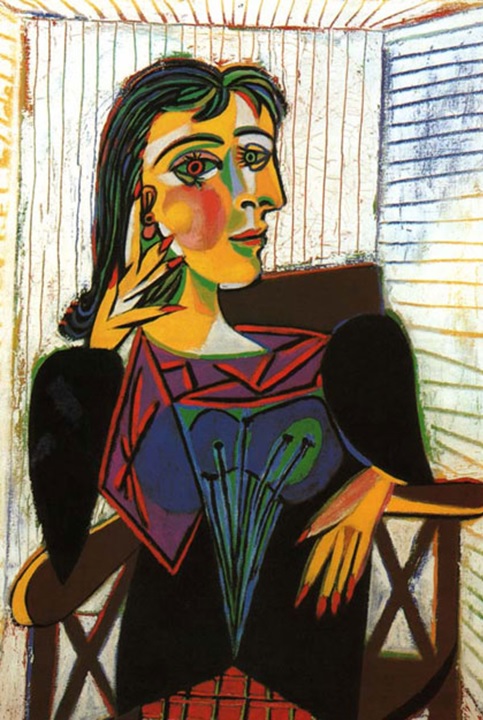
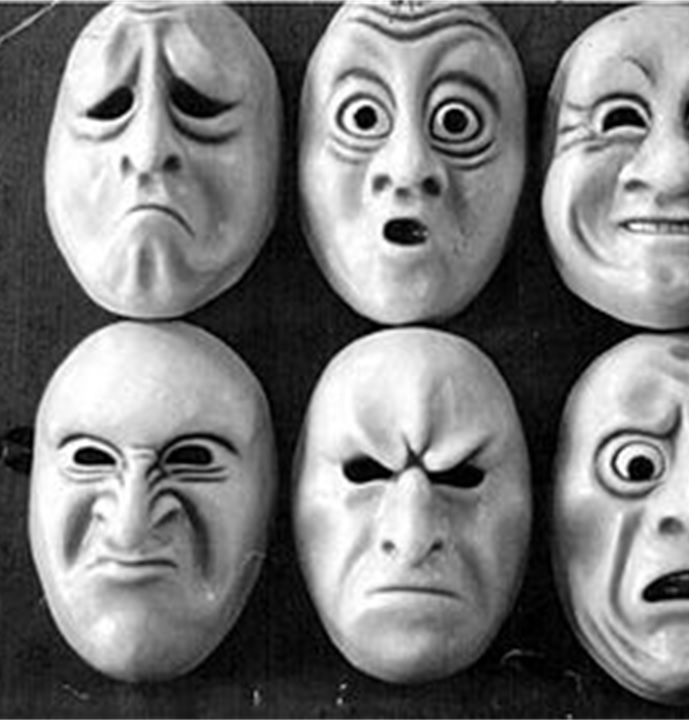
Are thick concepts action-guiding?
In this project with Pascale Willemsen, we investigate the use of thick concepts in ordinary language. More specifically, we investigate whether statements containing thick terms provide reasons for action and motivate speakers and addressees of a moral statement to change their behaviour or stick to it.
Joint action, coordination, and control
In everyday contexts we do numerous things together. We cook and eat together, do chores together, and work together in highly structured organizations. Whether we cycled to work together or by sheer coincidence cycled to work almost at the same time and only a few meters apart, makes a difference in the way we prepare for the cycling, do the cycling, and experience the cycling. What this difference between parallel and joint action consists in is hotly debated.
Philosophers of collective intentionality have wondered how we can distinguish parallel cases from cases where we act together. Often their theories argue in favor of one characteristic, feature, or process, that differentiates the two. This feature then distinguishes parallel actions from joint action. I argue for a multiplicity of ways to act jointly.
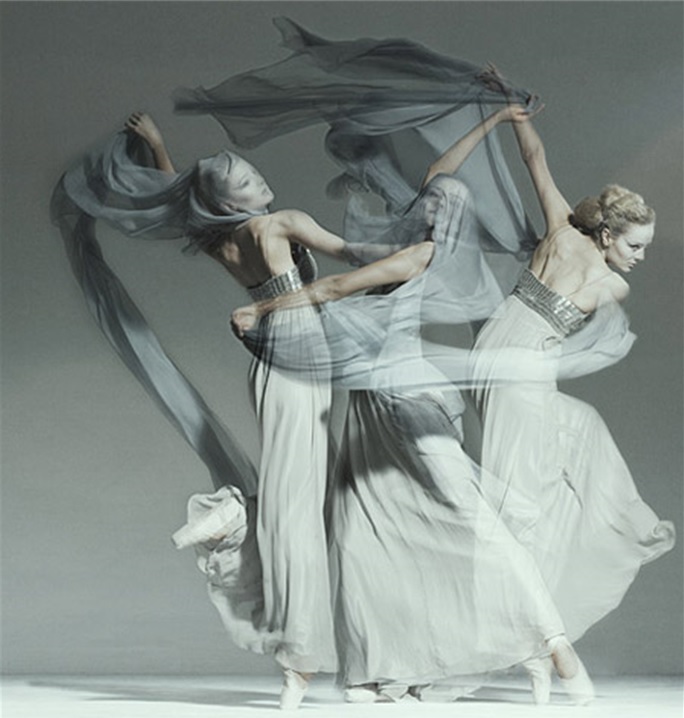
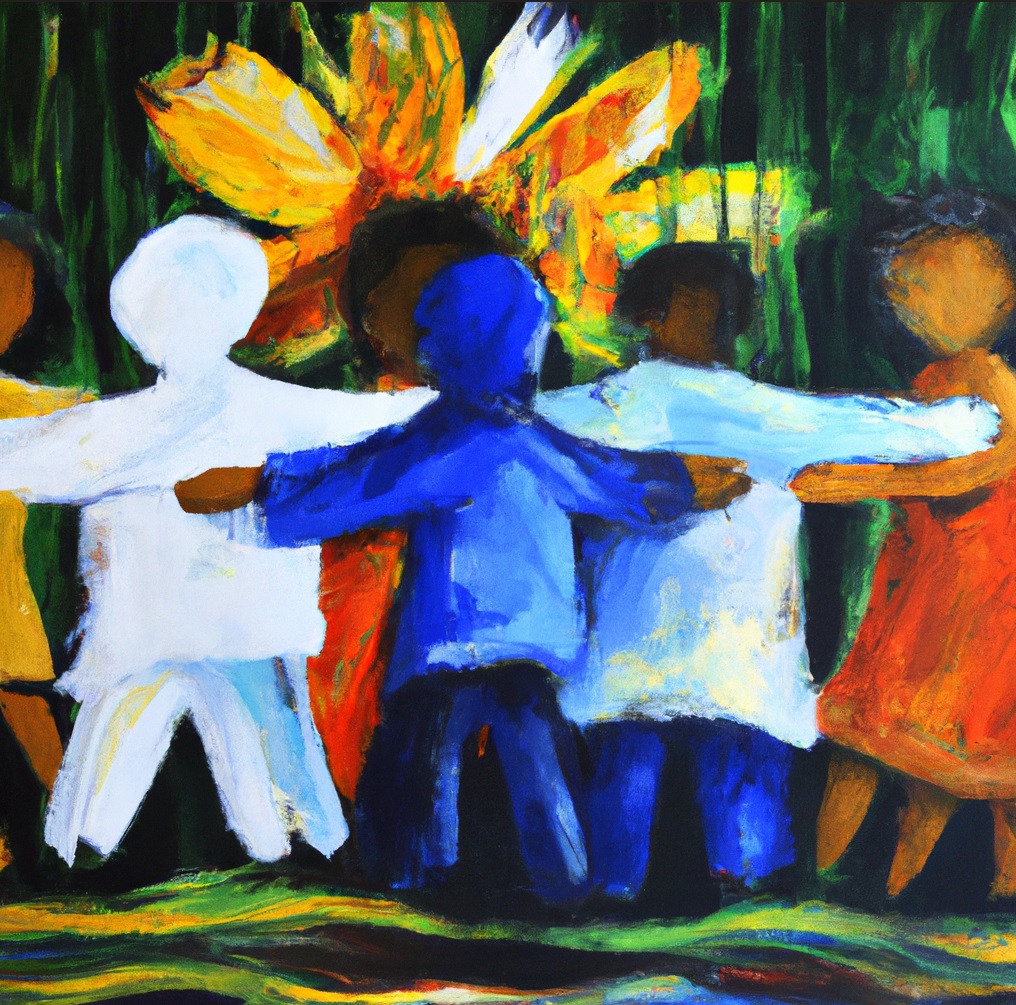
Sense of agency: you, we, and us
It has been claimed that a sense of us is presupposed for shared intentions to be possible. How is this sense of agency different from a sense of me, or a sense of control over one's actions? And what is the relation to a sense of the other?
I work on the idea that the sense of the other is immediate and automatic, whereas the sense of us can (but need not) arise between people and can (a) develop over time, (b) depending on the situation, and (c) involves several sufficient but not necessary processes. In this project I rely on phenomenological approaches to the sense of agency, both the individual and the collective, ass well as research on core knowledge in cognitive science and developmental psychology. I research how the sense of the other and the sense of us can contribute to our understanding of the perception of possibilities for joint action and how individuals can come to experience actions and intentions as shared, even if the participants lack common knowledge.
Social Understanding
